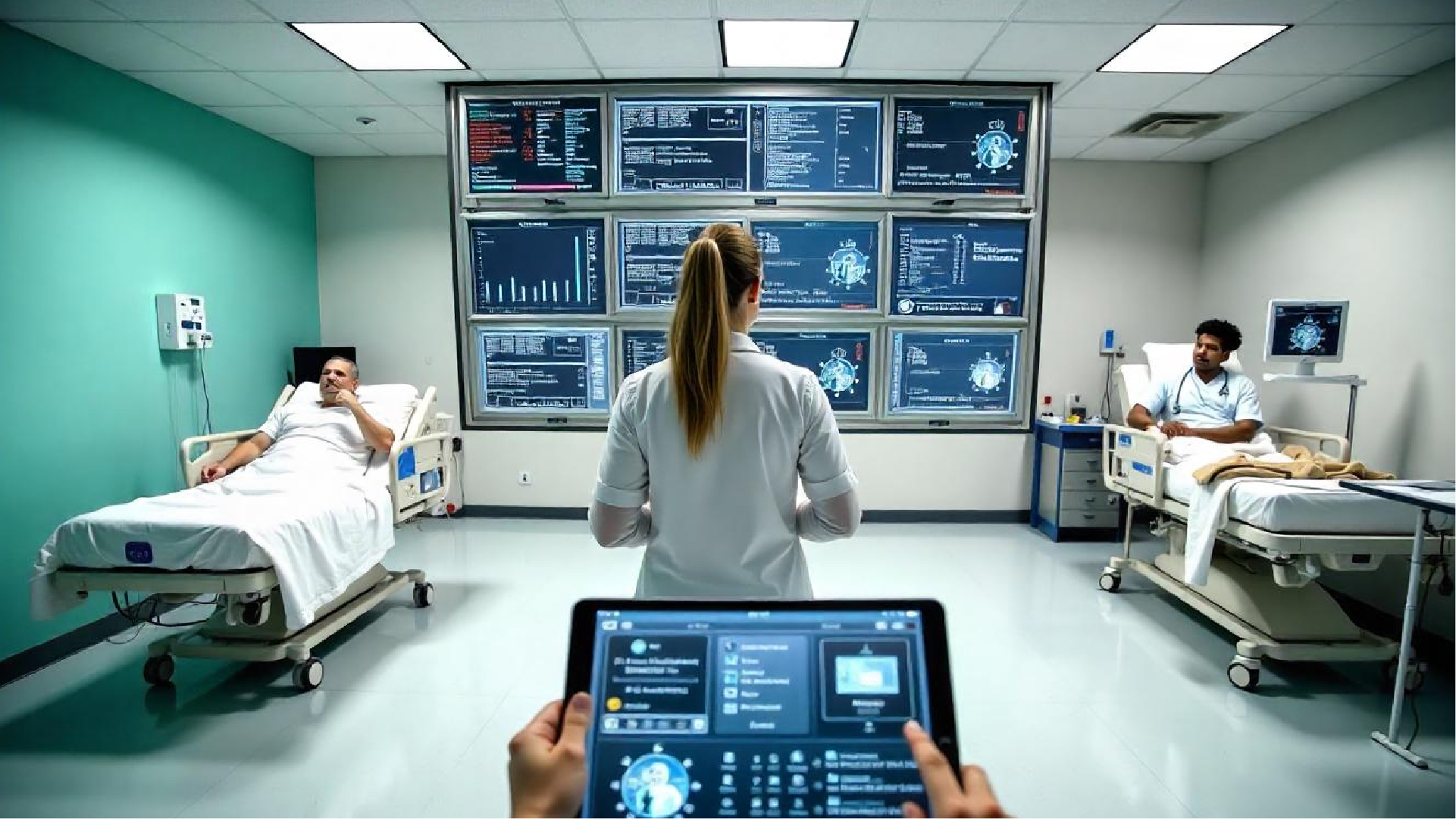5 Healthcare Data Breaches and Lessons Learned
Advances in information technology have transformed the healthcare industry, enabling the shift from paper-based systems to electronic health records (EHRs). While EHRs enhance patient care, practice efficiency, and accessibility, they also expose healthcare data to security risks. Cyberattacks, software vulnerabilities, and human error have led to alarming breaches, making healthcare one of the most targeted industries for data theft.
Let’s examine five significant instances when healthcare data was compromised and explore the lessons they offer. Finally, we’ll see how solutions like FloatCare can help mitigate these risks.
1. Tricare Data Breach (2011)
Impact: 5 million patients
Tricare, a healthcare program serving active-duty military personnel and their dependents, faced a massive data breach after backup tapes of electronic health records were stolen from a car. Although the tapes were encrypted, the encryption method failed to meet federal standards.
Compromised Data:
Social Security numbers, names, addresses, clinical notes, lab tests, and prescription information.
Lesson Learned:
Encryption alone isn’t enough—healthcare organizations must align with federally recognized encryption standards. Moreover, physical security during data transportation is critical to preventing theft.
2. Advocate Health Care Data Breach (2013)
Impact: 4.03 million patients
A series of breaches occurred at Advocate Health Care when unencrypted personal computers containing patient information were stolen.
Compromised Data:
Names, addresses, dates of birth, clinical details, credit card information, and health insurance data.
Lesson Learned:
This breach highlighted the importance of basic cybersecurity practices, such as encrypting sensitive data and securing physical devices. Failing to adhere to HIPAA guidelines cost Advocate Health Care $5.55 million in fines. Implementing ISO 27001 physical security controls and facility-wide encryption could have prevented this incident.
3. Laptop Theft in Kansas (2022)
Impact: 52,076 individuals
Valley Hope Association reported a stolen work-issued laptop containing patient data. Although the organization quickly disabled network access and the employee’s credentials, patient names, Social Security numbers, treatment details, and financial information may have been exposed.
Lesson Learned:
Organizations must ensure that sensitive data on portable devices is encrypted and adopt robust device management practices, such as remote wiping capabilities and access restrictions.
4. Radiology Records Found on a Florida Street
Impact: 483,063 individuals
In Florida, paper medical records from Radiology Regional Center fell onto the street during transportation. These records included sensitive information such as names, health insurance details, and Social Security numbers.
Lesson Learned:
This incident underscores the risks of mishandling physical records. Transitioning to fully digitized systems eliminates the risk of exposure during transport or disposal, as seen in this case.
5. Patient Records in a Dumpster
Impact: 113,528 individuals
Community Mercy Health Partners (CMHP) reported a data breach after staff improperly disposed of lab records in a dumpster. Compromised data included names, diagnoses, insurance information, and clinical details.
Lesson Learned:
Staff or third-party vendors handling sensitive data must adhere to strict compliance protocols. Organizations must vet vendors carefully and enforce proper disposal methods for patient records.
The FloatCare Solution: Securing Healthcare Data
As these cases demonstrate, healthcare organizations face significant risks when handling sensitive patient information. These breaches often stem from a combination of human error, inadequate security measures, and outdated systems.
FloatCare offers a robust, centralized platform that digitizes and secures patient health records. Here’s how FloatCare can be part of the solution:
- Centralized Storage: By eliminating the need for scattered paper records and portable devices, FloatCare reduces the risks associated with physical handling. All data is stored centrally in secure, HIPAA-compliant servers.
- Advanced Encryption: FloatCare employs industry-standard encryption protocols for both data in transit and at rest, ensuring information is inaccessible to unauthorized users.
- Access Control: Role-based access and real-time monitoring ensure that only authorized personnel can view or modify sensitive data.
- Remote Accessibility: Secure remote access allows healthcare providers to retrieve records without needing to rely on transportable devices or insecure communication methods.
Conclusion
Healthcare data breaches can have devastating consequences, from financial losses to compromised patient care. These incidents reveal critical lessons in encryption, physical security, and the importance of digitized record-keeping.
By adopting advanced solutions like FloatCare, healthcare organizations can safeguard sensitive patient information, streamline workflows, and reduce the risk of breaches. FloatCare not only enhances data security but also ensures compliance with industry regulations, helping healthcare providers focus on what matters most—delivering exceptional patient care.
Don’t wait for a breach to occur. Take the first step toward securing your healthcare practice with FloatCare. Learn more about how FloatCare can revolutionize your data management today.











